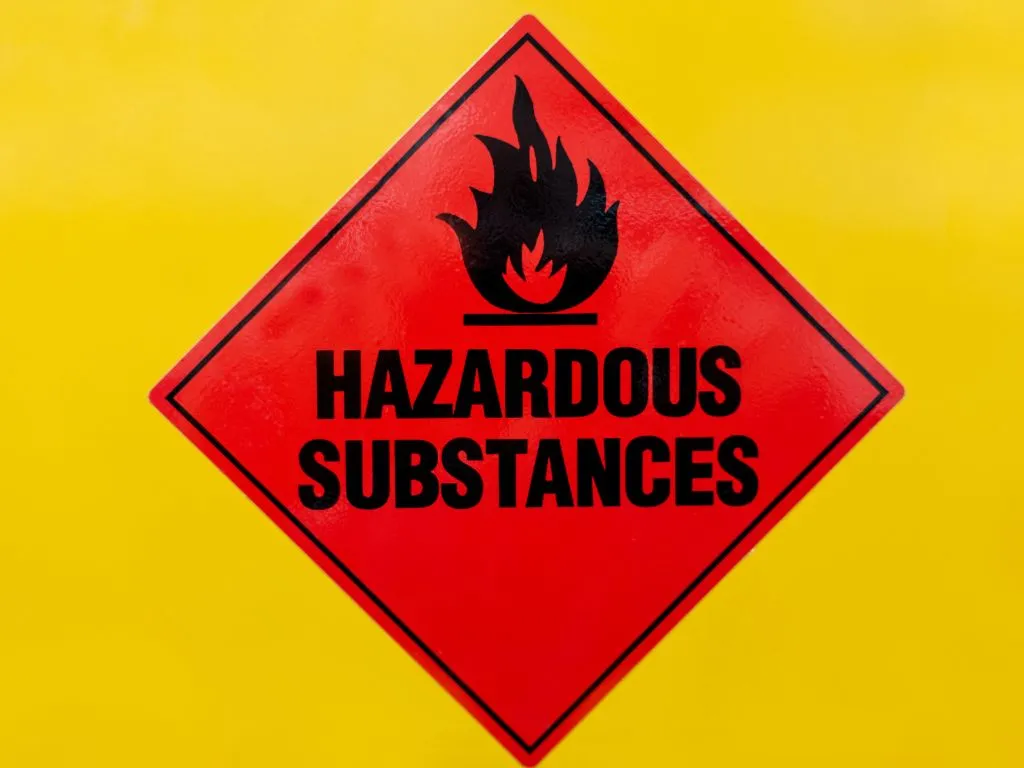- Home
- News Details
News Details

African Development Bank Approves Landmark Project to Tackle Hazardous Chemicals and Waste in 11 African Nations
2025-03-21 Reference source : African Development Bank
Hazardous chemicals South Africa Africa waste
On January 21, 2025, the African Development Bank (AfDB) approved a new initiative, to address the problem of waste and hazardous chemicals in 11 African nations. The project focuses on the management of hazardous substances that are harmful to both humans and the environment, such as mercury and persistent organic pollutants (POPs).
About the African Development Bank (AfDB)
Established in 1964, the AfDB works to promote economic growth and reduce poverty throughout Africa. It provides financial and technical support to help improve infrastructure, fight climate change, strengthen food security, and integrate African economies.
Increasing Investment for Chemicals and Waste Management in Africa: AFLDC-2 Project Overview
The new initiative, entitled “Scaling-up Investment and Technology Transfer to Facilitate Capacity Strengthening and Technical Assistance for the Implementation of the Stockholm and Minamata Conventions in African LDCs – Phase 2” (AFLDC-2) will focus on improving chemicals and waste management in Angola, Ethiopia, Gambia, Guinea, Liberia, Mauritania, Senegal, Sierra Leone, Togo, Uganda, and Zambia.
The project, the first of its kind by the African Development Bank, aims to strengthen national capacities, reduce toxic emissions, and eliminate stockpiles of obsolete chemicals. The project will also support compliance with international environmental agreements such as the Stockholm and Minamata Conventions, which set rules for the management of harmful chemicals.
The Global Environment Facility (GEF) is providing a $21.3 million grant to help fund the project, with additional support coming from various AfDB-backed initiatives in urban development, agriculture, and agro-industries.
Gareth Phillips, the AfDB’s Manager for Climate and Environment Finance, expressed his excitement about the approval, calling it a significant step in Africa's efforts to build a cleaner, healthier, and more resilient Africa.
Conclusion
The African Development Bank's approval of the AFLDC-2 project represents an important step forward in tackling the escalating issue of hazardous chemicals and waste management in Africa's least developed countries. By prioritizing capacity building, minimizing toxic emissions, and facilitating adherence to international environmental conventions, the project is set to yield enduring advantages for public health and the ecosystem. With financial support from the GEF and various initiatives from the AfDB, the project is well positioned to achieve substantial progress toward a cleaner, healthier, and more sustainable future for the involved nations. The AfDB's leadership in this transformative initiative underscores its dedication to promoting environmental and economic resilience across Africa.
We acknowledge that the above information has been compiled from African Development Bank .
Global Product Compliance (GPC) specializes in Global Regulatory Compliance Solutions across sectors
globally. SSS Europe, a familiar name in chemical regulatory and compliance services now formally belongs
under the umbrella of GPC Holding Sweden.
Since 2008, we have emerged as one of the leading names among Global Regulatory Compliance Service
Providers with Representation services in Europe, Asia and Middle East for respective chemical
regulations.

 Twitter
Twitter
